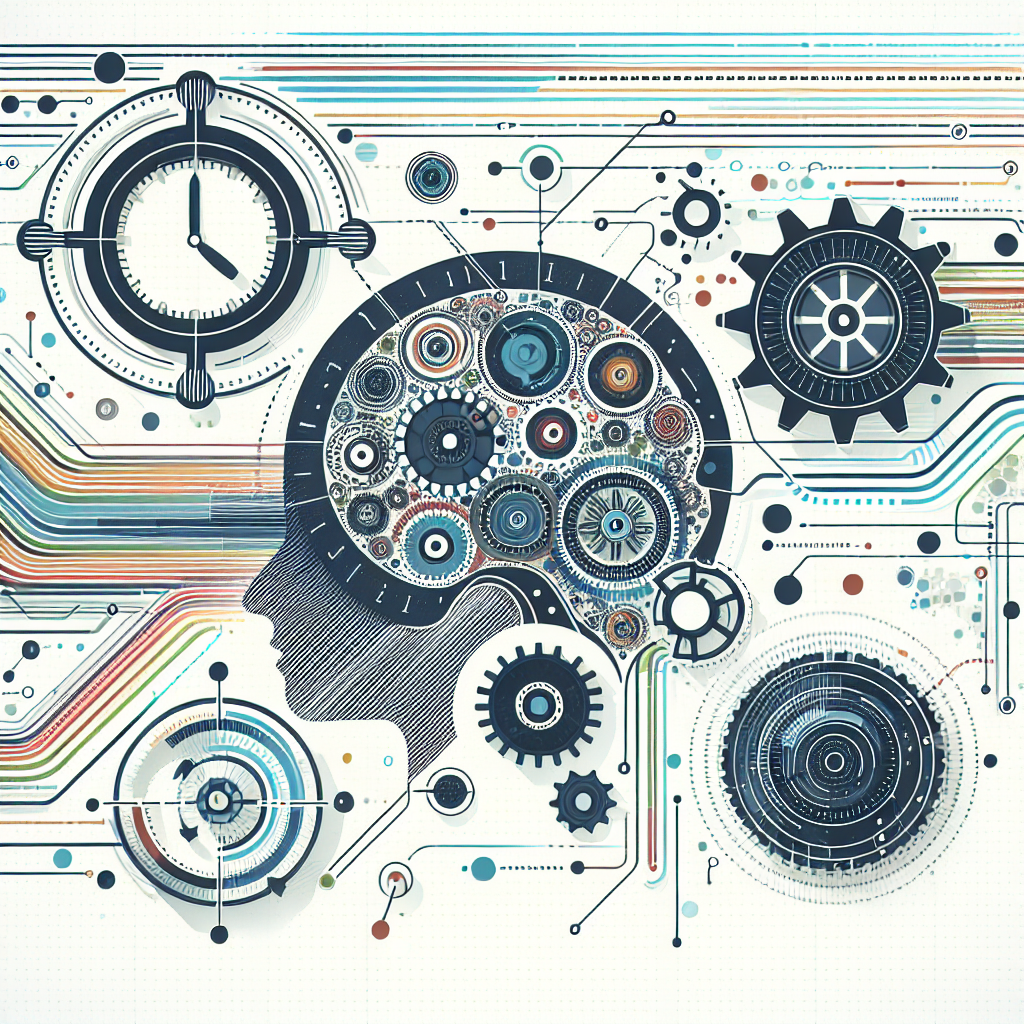Artificial Intelligence (AI) has revolutionized the way project management is done in today’s fast-paced business world. With the help of AI, project managers can now track time more effectively, leading to increased productivity, better resource allocation, and improved project outcomes. In this article, we will explore some strategies for effective time tracking in AI project management and provide answers to frequently asked questions about this topic.
1. Utilize AI-powered time tracking tools
One of the most effective strategies for tracking time in AI project management is to leverage AI-powered time tracking tools. These tools use machine learning algorithms to analyze data and provide accurate insights into how time is being spent on various tasks and projects. By using these tools, project managers can easily identify bottlenecks, track progress, and make informed decisions to optimize project timelines.
Some popular AI-powered time tracking tools include Toggl, Harvest, and Timely. These tools not only track time but also provide real-time analytics, automated reporting, and integration with project management software such as Asana, Trello, and Jira. By using these tools, project managers can streamline their time tracking process and focus on more strategic aspects of project management.
2. Implement automated time tracking
Another effective strategy for time tracking in AI project management is to implement automated time tracking. Automated time tracking uses AI algorithms to capture and categorize time spent on various tasks and projects without manual intervention. This not only saves time but also eliminates human error and ensures accurate tracking of time.
By implementing automated time tracking, project managers can easily monitor team performance, identify inefficiencies, and improve overall project productivity. Automated time tracking can also help in forecasting project timelines, optimizing resource allocation, and improving project outcomes.
3. Set clear project milestones and deadlines
Setting clear project milestones and deadlines is essential for effective time tracking in AI project management. By breaking down projects into smaller tasks and setting achievable milestones, project managers can track progress more accurately and ensure timely completion of projects. Clear deadlines also help in prioritizing tasks, identifying bottlenecks, and facilitating better resource allocation.
Project managers can use AI algorithms to analyze project data and predict potential delays or bottlenecks, allowing them to take proactive measures to address issues before they escalate. By setting clear project milestones and deadlines, project managers can improve team performance, enhance project outcomes, and deliver projects on time and within budget.
4. Encourage team collaboration and communication
Effective time tracking in AI project management requires collaboration and communication among team members. By fostering a culture of collaboration and open communication, project managers can ensure that team members are on the same page regarding project timelines, priorities, and expectations. This not only improves project efficiency but also enhances team morale and engagement.
AI algorithms can be used to analyze team communication patterns, identify potential communication gaps, and facilitate better collaboration among team members. By encouraging team collaboration and communication, project managers can improve project outcomes, reduce project risks, and enhance overall project success.
5. Monitor and analyze project data
Monitoring and analyzing project data is crucial for effective time tracking in AI project management. By leveraging AI algorithms to analyze project data, project managers can gain valuable insights into how time is being spent on various tasks and projects. This helps in identifying inefficiencies, optimizing resource allocation, and improving project productivity.
Project managers can use AI algorithms to track key performance indicators (KPIs) such as project timelines, resource utilization, and team performance. By monitoring and analyzing project data, project managers can make data-driven decisions, identify trends, and predict potential issues before they arise. This not only improves project outcomes but also enhances project transparency and accountability.
FAQs about AI Project Management: Strategies for Effective Time Tracking
Q: How can AI help in improving time tracking in project management?
A: AI can help in improving time tracking in project management by automating time tracking processes, providing real-time insights, and analyzing project data to identify inefficiencies and optimize resource allocation. By leveraging AI algorithms, project managers can track time more effectively, improve project outcomes, and deliver projects on time and within budget.
Q: What are some popular AI-powered time tracking tools?
A: Some popular AI-powered time tracking tools include Toggl, Harvest, and Timely. These tools use machine learning algorithms to analyze data and provide accurate insights into how time is being spent on various tasks and projects. By using these tools, project managers can streamline their time tracking process, improve project productivity, and make informed decisions to optimize project timelines.
Q: How can project managers ensure accurate time tracking in AI project management?
A: Project managers can ensure accurate time tracking in AI project management by implementing automated time tracking, setting clear project milestones and deadlines, encouraging team collaboration and communication, and monitoring and analyzing project data. By following these strategies, project managers can track time more effectively, improve project outcomes, and deliver projects on time and within budget.
In conclusion, effective time tracking is essential for successful project management in today’s fast-paced business environment. By leveraging AI-powered tools, implementing automated time tracking, setting clear project milestones and deadlines, encouraging team collaboration and communication, and monitoring and analyzing project data, project managers can track time more effectively, improve project outcomes, and deliver projects on time and within budget. By following these strategies and best practices, project managers can harness the power of AI to enhance project efficiency, productivity, and success.

